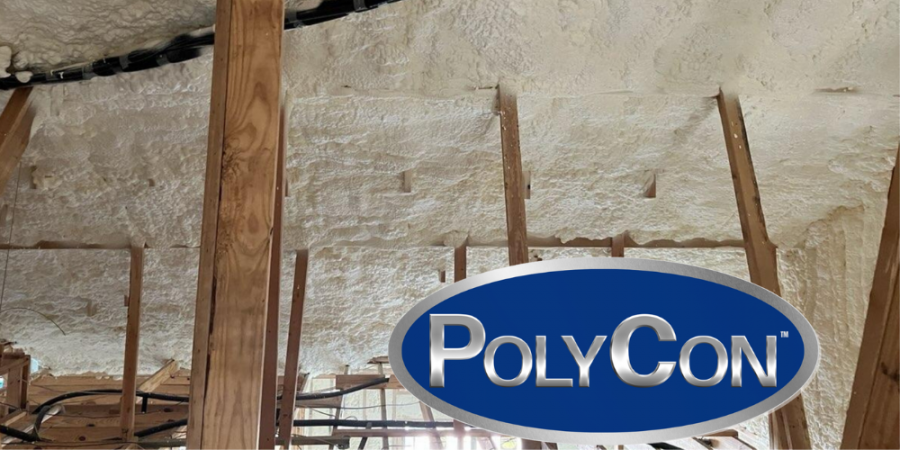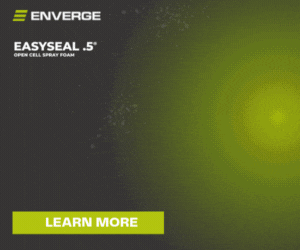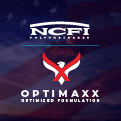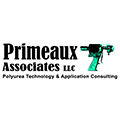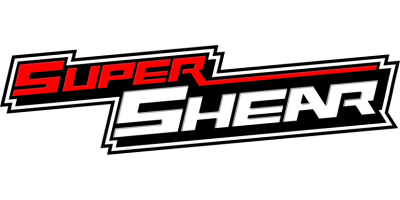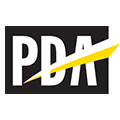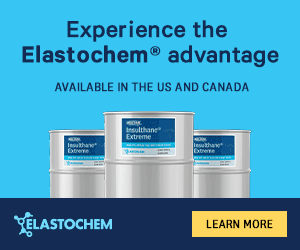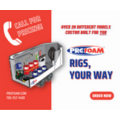Tripolymer Injection Foam Insulation Complements Spray Foam
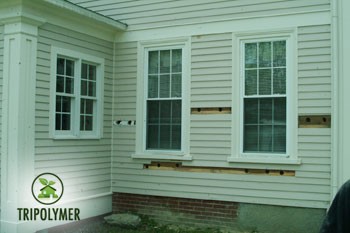
Although standard spray foam systems provide the ideal insulation for most situations, there are certain instances where its application may be difficult or impractical. However, spray foam contractors don’t necessarily have to surrender these jobs. Many can still be serviced using injection foam, a product that effectively complements the benefits of conventional spray foam.
Tripolymer injection foam insulation is different than traditional urea-based foam products. It is a hybrid belonging to one of the oldest groups of synthetically produced thermosetting plastics called phenolics. Today, phenolic plastics are well known for their durability, structural integrity and extraordinary fire resistance. Phenolic plastics are used in electronics, automobiles, machine parts, fire-proof coatings, adhesives, tools and thousands of other commercial and household items. When made into a foam insulation, the material creates an extremely safe and efficient thermal and acoustical insulation product. It is important to note that their injection foam is not a Urea Formaldehyde (also known as UFFI or Aminoplast) which have come under fire in the recent past. Tripolymer foam is a patented, proprietary product of C.P. Chemical Company, Inc.
Established in 1966, C.P. Chemical Company's principal activity has been the production, distribution, and marketing of phenolic based resins, catalytic surfactants and related foam generating equipment. For over 35 years, the company has been producing its exclusive line of Tripolymer foam products and has grown from humble beginnings in White Plains, NY to the medium sized multinational company it is today. The major catalyst for Tripolymer came in the form of the Federal Non-Nuclear Energy Research and Development Act of 1974. The US Department of Energy concluded that Tripolymer foam and its related products were in the “national interest” and was chosen as one of three products from a total of 7,000 to be assisted in further development. After three years of intensive research and testing, the new Tripolymer was made available to the public.
Over the past 35+ years, Tripolymer has been used for various applications, one of those being masonry block core fill. More cost-effective than core inserts or pour-in products, Tripolymer products can be easily and efficiently installed in new or existing masonry construction, either during construction or upon completion by a pressure fill method. With total thermal resistance more than doubled over conventional insulations, it meets the mandatory requirements and codes for heat loss factor (U value) for wall structures adopted by many State and Federal Agencies.
Injection foam is also the perfect solution for brick veneer applications. Tripolymer can be foamed between the brick veneer and cement blocks during construction. The application hose is dropped to the bottom of the cavity and withdrawn as the foam fills the cavity. As soon as the cavity is filled, it can be closed. The foam reduces infiltration and fills all voids and cracks while easily flowing around all obstructions and is considerably less expensive than rigid types of insulation.
Tripolymer is ideal for use in both interior and exterior wood frame load bearing wall systems, as well as steel or wood stud party wall partitions. Installed in a standard 2” x 4” wood frame wall, and covered with a single layer of ½” gypsum board, Tripolymer will provide an R-value of 4.8 per inch and a Sound Transmission Class (STC) rating of 53. In redundant testing, a standard interior wall constructed of 2” X 4” wood studs and covered with a single layer of ½” gypsum board normally fire-rated at ½ hour was increased to 1 ½ hours with the installation of Tripolymer. In similar E119 testing, Tripolymer had more than doubled the fire-hour ratings on load bearing wall systems and increased ratings on steel stud walls by over 50%. Tripolymer provides an upgraded fire-hour rating without costly additions of double layer gypsum board.
Additionally, pipe chase cavities are easily and inexpensively filled with Tripolymer, resolving condensation problems occurring on water pipes and reducing noise levels from water lines and drainage pipes.
Tripolymer has certain qualities which add to its usefulness in the aforementioned applications.
Unlike pour-in products, Tripolymer solidifies within 30 seconds after it has been installed and becomes an integral part of the wall system, thus eliminating the issue of drainage if a hole is knocked in a wall. Also, its expansion properties make Tripolymer uniquely suited for the situations above; unlike regular spray foam products, it is totally expanded once it leaves the installation equipment.
Tripolymer injection foam is an excellent product for contractors and spray foam installers to add to their existing lineup. By offering this unique product, you can open opportunities for jobs that may otherwise be unserviceable.
Committed to the principals of sustainable development, C.P. Chemical Company “continues to seek a more perfect balance between economic growth, environmental conservation and social responsibility.” To help achieve that goal, the company is currently developing a new “green” foam insulation product.
For more information about C.P Chemical Company or Tripolymer injection foam, visit www.injectionfoam.com.
Disqus website name not provided.





